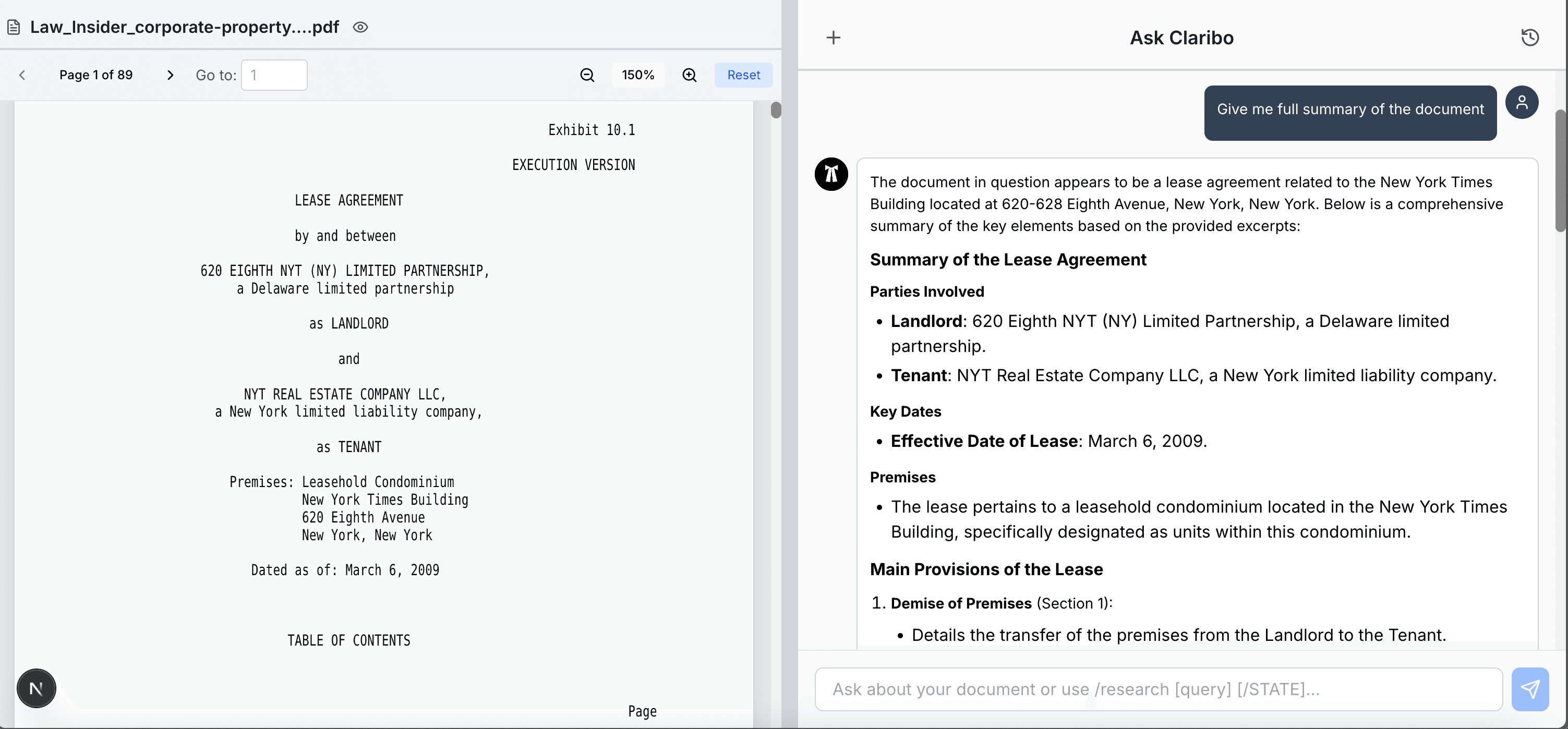
The Silent Tax on Every Matter
“Busy work” feels harmless until you do the math.
In knowledge-work organizations, 83% of employees spend 1–3 hours every day fixing errors, and 76% spend 1–3 hours just moving data between systems (copy/paste, uploads, re-entries). That time compounds across attorneys, paralegals, and staff—and it’s almost never billable.
Legal workloads amplify this problem. Across the industry, firms capture only about 2.9 billable hours per 8-hour day—a 37% utilization rate—leaving a wide gap for admin and non-billable tasks to consume the rest.
Where manual work hurts most in law
Document review & extraction
In litigation and investigations, review can represent the majority of discovery costs; one RAND study pegged it at ~73% of total production cost.
Matter setup & intake
A large share of “billable” hours (info gathering, data analysis, doc prep) is automatable with AI—Clio’s analysis suggests up to 74%.
Everyday administration
Locating templates, forms, and prior work product eats non-billable time for lawyers and staff week after week.
The bottom line: Manual document processing quietly erodes utilization and margin—especially for high-volume practices like immigration and real estate where standardized forms, deadlines, and supporting evidence dominate the workflow.
What “manual” looks like in real life (and why it’s expensive)
Immigration (e.g., I-485 packages): Teams chase missing evidence, rekey biodata into multiple forms, and track expirations in spreadsheets.
Real estate (leases, addenda, title docs): Staff skim clauses for risk terms, extract dates/amounts, and reconcile drafts across versions.
Each step invites context switching and human error—and every correction is time you can’t bill. (Remember those daily hours fixing errors and shuttling data?)
The Claribo approach
Claribo replaces the brittle, manual chain with an AI-assisted pipeline purpose-built for legal work:
Parse & structure
Uploads (PDF, scans, images) are converted into structured, queryable data—parties, dates, amounts, clauses, deadlines, and checklists.
Matter-aware Q&A
Ask: “What’s missing for this I-485?”, “When does this lease termination window close?” Claribo answers with page-level citations back to the source.
Integrated legal research
Invoke state-specific lookups (e.g., Texas vs. California) alongside your documents for grounded answers with citations.
Auto-organization by client/matter
Everything is grouped and searchable, with an audit trail.
Security by design
Built for the realities of attorney-client privilege and firm compliance expectations (role-based access, logging, data minimization).
Result: less rekeying, fewer corrections, faster preparation—and more billable legal work.

Quick ROI math (conservative)
A 5-person team (2 attorneys @ $300/hr, 2 paralegals @ $125/hr, 1 admin @ $40/hr). Assume each person loses 1 hour/day to manual document processing:
And that’s at just 1 hour/day. The cited data shows many teams lose 2–3 hours/day to rework and data shuttling.
What changes when Claribo is in the loop
- Instant doc analysis: Highlighted extractions (names, key dates, clauses, dollar amounts) and checklist gaps.
- Chat with citations: Ask questions and get answers that link back to specific pages/lines—perfect for review and supervision.
- Deadline intelligence: Auto-surface expirations and windowed timelines to prevent misses.
- State-aware research: Blend document understanding with jurisdiction-specific references and citations.
- Firm-grade controls: Centralized matter spaces, permissions, and logs.
Getting started
If you’re spending more time fixing documents than practicing law, it’s time to quantify that cost and try a better path. Claribo can stand up a pilot in days and show measurable time savings on your real documents.
Next step: Book a quick demo and bring a sample matter—we’ll run it live, or contact team@claribo.ai
Schedule a personalized demo of Claribo’s legal analysis platform